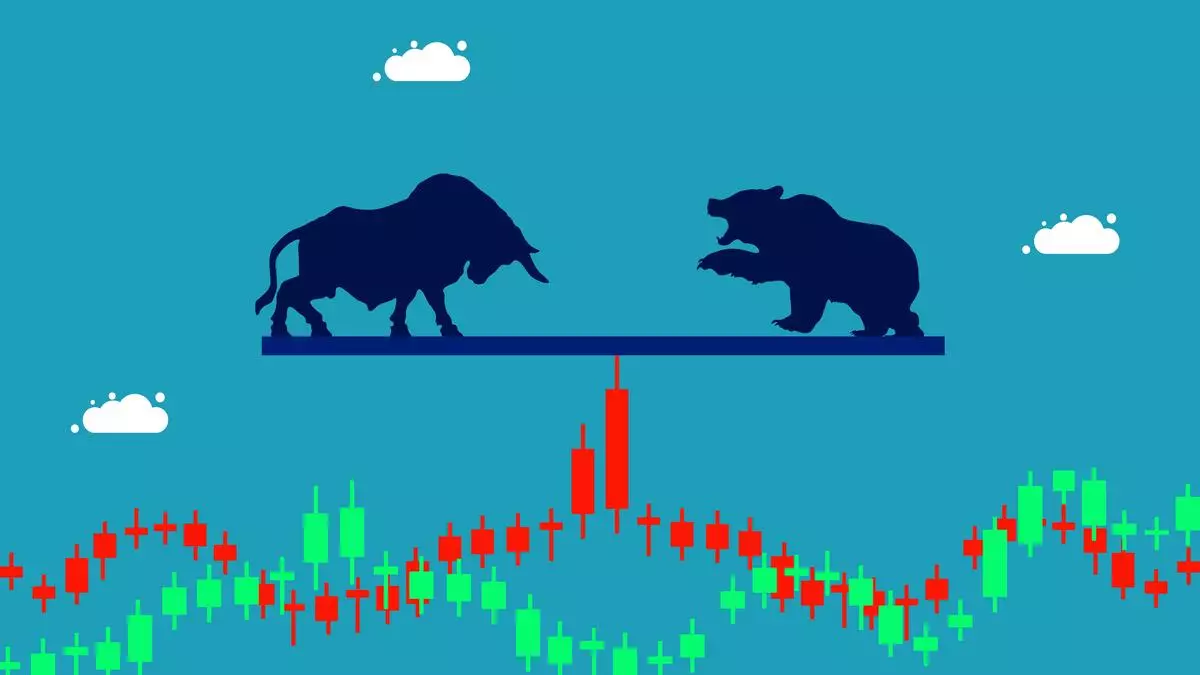Vandana Khullar, an entrepreneur based in South Delhi, bought her Tata Nexon sports utility vehicle (SUV) on December 15 without worrying about its future resale value. Instead, she said it was a ‘smart decision’ to buy at the end of the year.
Like Khullar, several in India now are no longer applying brakes on their car buys in December, thinking about the resale value of the car seven-eight years down the line. This is quite a contrast from a few years ago when customers postponed purchases till January-February or even the middle of the year, thinking that they would get a better return when they sold their cars later.
Better discounts
“I bought the car in December because end-of-year offers and discounts are often the best, which makes it a financially smart decision. While resale value can be a factor, I prioritise how the car fits my needs and budget over potential future concerns,” Khullar told businessline.
She added that with proper care, the difference in resale value is usually negligible.
According to SIAM, December passenger vehicle (PV) sales have grown in the past five years on a year-on-year basis, except for 2021, when sales dropped because of the impact of Covid-19.
- Read: Discounts and promotions to propel December auto sales, says FADA
In December 2019, the industry reported wholesales (dispatches to dealers) of 2,22,728 passenger vehicle units, which increased to 2,52,998 units in December 2020. In December 2021, the numbers fell to 2,19,421 because of the impact of the Covid-19 lockdown and a semiconductor shortage. However, sales came back on the growth path again in December 2022, with a total sales of 2,35,309 units.
In December 2023, sales increased to 2,42,920 units, and this year, too, the industry is expected to report better numbers.
Beating price hikes
An added factor in the change in customer mindset is that most auto-makers have begun announcing price hikes in late November or early December, to be effective from January. It’s a win-win situation for both the customer and manufacturer. The former gets a maximum discount on purchase while the manufacturer gets to clear inventory at the end of the year.
“There is a change in the approach to December sales, from the feeling of waiting for the next year, it’s now let’s buy in December to take advantage of the offers and also to beat the price hike in January,” CS Vigneshwar, President, Federation of Automobile Dealers Associations (FADA), told businessline.
In the case of two-wheeler sales also, a similar trend has been seen over the last five years. In December 2022, the industry sold 10,50,038 units of two-wheelers, which grew to 12,11,966 units in December 2023, and it is expected to better it this year.








Leave a Comment